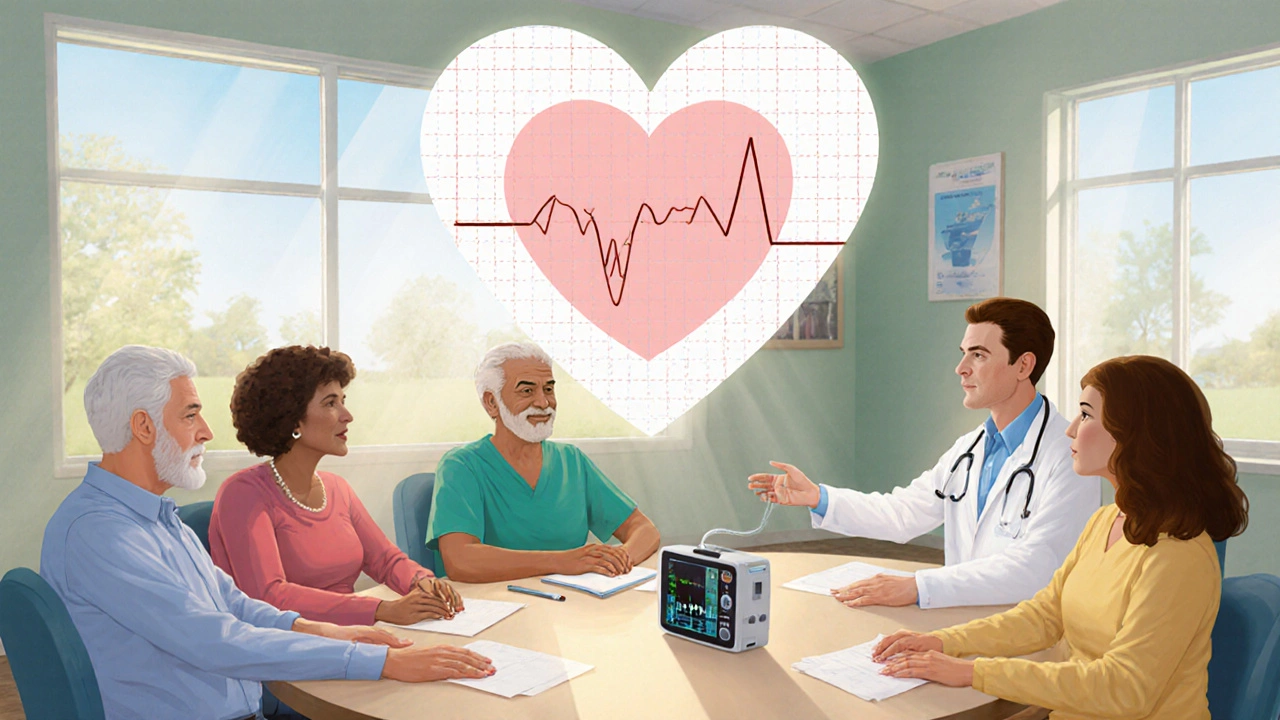Arrhythmia: Causes, Triggers, and What You Can Do
When your heart skips a beat, races without reason, or feels like it’s fluttering in your chest, you’re likely experiencing arrhythmia, an irregular heartbeat that can be harmless or a sign of something serious. Also known as heart rhythm disorder, it’s not just something older people get—stress, caffeine, alcohol, or even sleep deprivation can trigger it in anyone. It’s not always scary, but ignoring it can be risky. Some arrhythmias fade on their own; others need attention.
Two big players in arrhythmia are alcohol, a substance that can disrupt the heart’s electrical signals even in moderate amounts and caffeine, a stimulant that can speed up heart rate and trigger palpitations in sensitive people. You don’t need to be a heavy drinker or coffee addict to feel the effect—just one glass of wine or a large energy drink might be enough for some. These aren’t just myths; real patient stories show clear links between drinking patterns and sudden heart skips. And when you mix alcohol and caffeine? The risk goes up fast.
Arrhythmia doesn’t always mean heart disease. It can come from thyroid issues, electrolyte imbalances, or even anxiety. But if you’re noticing frequent palpitations, dizziness, or shortness of breath, it’s worth tracking. What helps one person might not help another. Some find relief cutting back on alcohol. Others stabilize with magnesium or better sleep. The key is knowing your triggers—and that’s exactly what the posts below cover.
Below, you’ll find real, practical insights from people who’ve dealt with arrhythmia, from how alcohol and caffeine affect heart rhythm to what medications and lifestyle changes actually make a difference. No fluff. Just what works—and what doesn’t.
Why Patient Advocacy Matters for the Arrhythmia Community
Explore how patient advocacy transforms care for arrhythmia patients, from better diagnosis to influencing policy, with practical tips and real‑world examples.
